When Body Odor Becomes a Bigger Problem
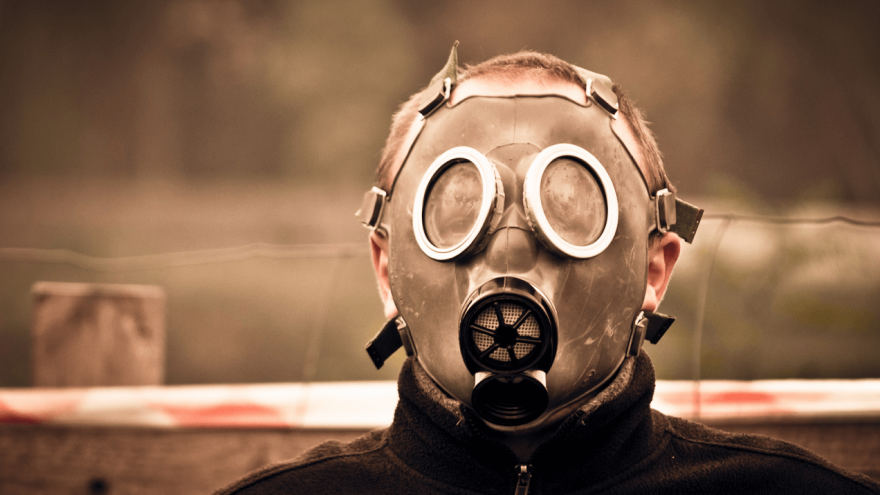
Running can be a sweaty, smelly business. There’s no getting past that. Because no matter how fresh you might be when you start out on your run, the chances are good that you’ll end it in a sweaty mess. And while sweaty runs come with the territory, its effects can usually be nullified with a quick post-run shower. But not by everyone. For a few unlucky souls, body odor can be a big problem that reaches way beyond the scope of sweaty runs.
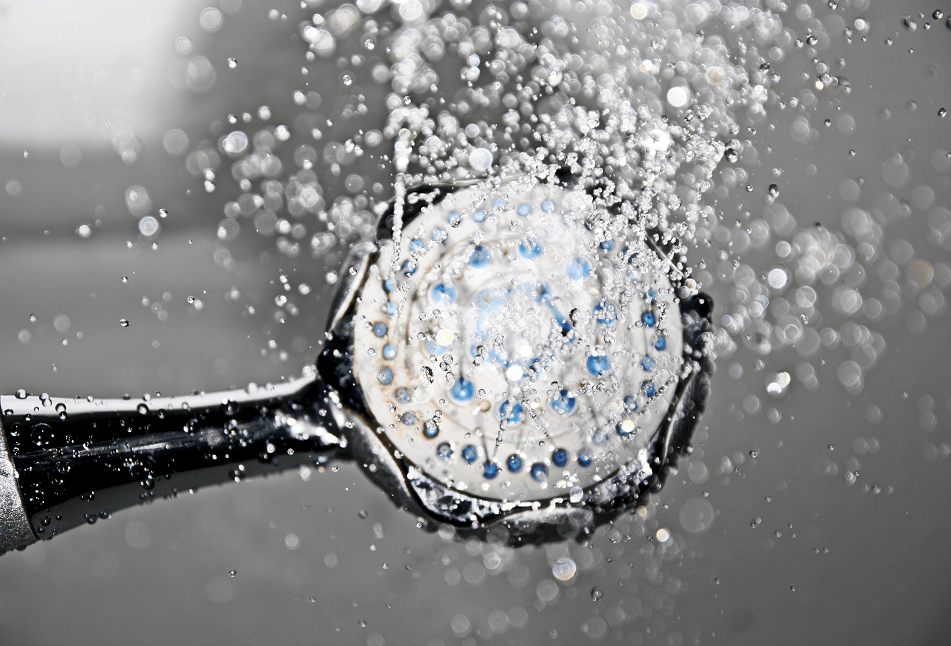
But fear not. In most cases there is something that you can do to minimize the stink. Here’s everything you need to know about running and body odor.
What Causes Body Odor?
So what exactly causes body odor or bromhidrosis? Surely it can’t be sweat, since all runners sweat and some are still smellier than others? You’re absolutely right. Rest assured that sweat itself isn’t the culprit. Not directly, anyway! Instead, it’s when sweat, a virtually odorless fluid, comes into contact with the bacteria on the skin, that odor is produced. But how? Bacteria feasts on the proteins contained in sweat, a process that gives off a number of acids and causes that all too familiar pong. Add to that the fact that bacteria thrive and multiply in damp conditions, and it’s not hard to see why post-run get-togethers can be a smelly affair.
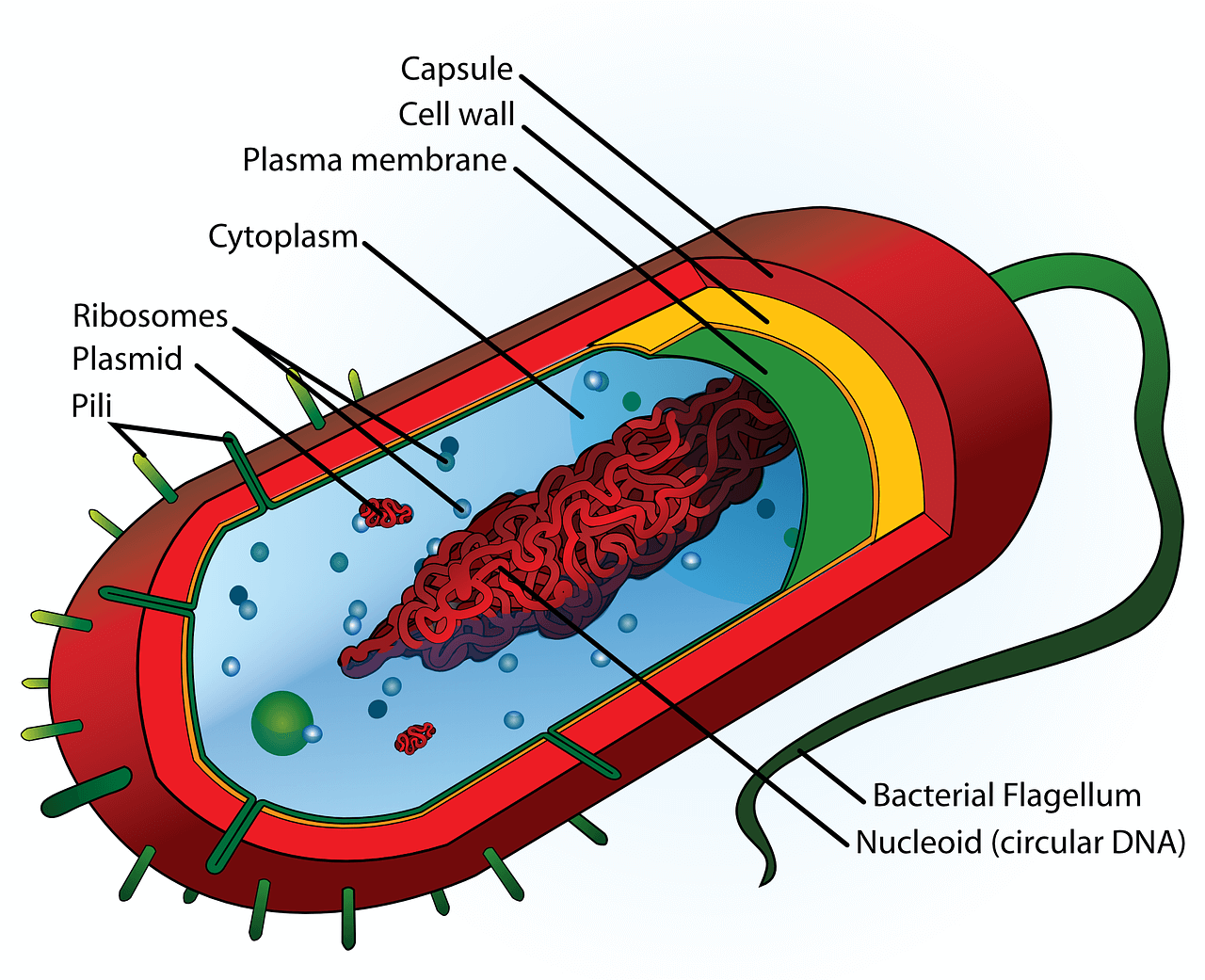
So why don’t small children have a strong body odor? Surely they sweat and run around more than anyone else? Bromhidrosis ironically only commences at puberty, when hormones called androgens start increasing in the body. Which sadly means that body odor becomes a part of life just when you least need it.
How to Prevent or Reduce Unpleasant Body Odor
But that still doesn’t answer our question of why some runners are smellier than others. Surely there must be some external factors that also contribute to having a strong body odor? Yes, there are. So before you consider giving up on running and getting sweaty altogether, see if you are guilty of some of the following no-nos:
- Use an anti-perspirant, not a deodorant. Deodorants simply cover up body odor, while anti-perspirants work to prevent sweating in the first place. But be sure to find a natural product that is not linked to other potential negative health impacts!
- Give your armpits a quick wipe-down after a run or race. It’s not always possible to shower directly after a run. So if you plan on hanging around after a race, parkrun or group run, head somewhere private and give your armpits a quick wipe-down. Why? Bacteria find it harder to breed in dry conditions.
- Keep your armpits hair-free. This will stave off the accumulation of bacteria and increase the rate of evaporation of sweat from the skin, thereby minimizing body odor.
- Wash and air-dry your running gear as soon as possible after every run. And this includes socks and underwear! Damp, sweaty running gear is the ideal breeding ground for bacteria.
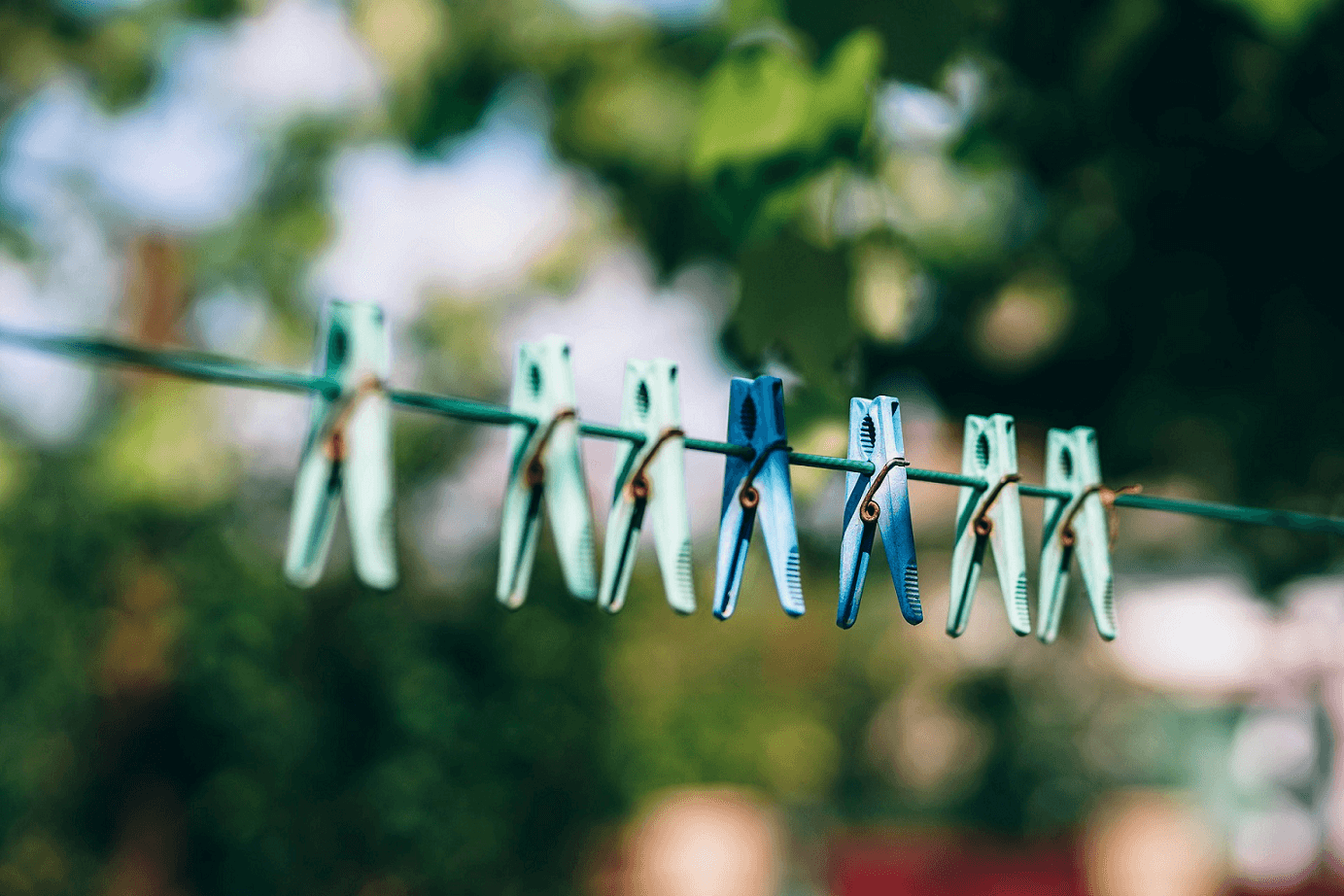
- Choose your running gear fabrics carefully. Running gear with built-in anti-odor technology is all the rage these days. So if you tend to be smelly post-run, and your budget allows, invest in a few such pieces. If not, always go for fabrics that wick moisture away from the skin and allow it to evaporate. Avoid synthetics that trap moisture on the skin.
- If smelly feet are the culprits, air out your shoes after every run and regularly remove dead skin with a pumice stone. In addition to damp environments, bacteria also thrive on dead skin. So give those feet the TLC they deserve!
- Rinse your armpits and other sweaty bits (think feet) with a mixture of lemon juice and water or apple cider vinegar after showering. This will create an acidic environment, which inhibits bacterial growth.
- Adapt your diet under the guidance of a suitably qualified dietitian. The ingestion of certain foods can contribute to a foul body odor. This includes the obvious culprits such as garlic, onions, spicy foods and oily fried and baked goods. Following a diet that is high in protein and low in carbs is, however, also known to lead to an ammonia-like body odor. This is caused by the body reverting to protein metabolism once it runs out of glucose for fuel. But before you go diving head-first into a bowl of pasta and bread, keep in mind that a 2016 study published in Evolution and Human Behavior concluded that women found the body odor of men following a high-carb diet less than pleasant. So what should we be eating then? The same study states that the body odor of men following a diet rich in fruit and vegetables is perceived to be the best. So there you have it. One more reason to get your 5-a-day!
- Not getting enough of certain nutrients in your diet may also lead to excessive body odor. A magnesium deficiency, for example, may lead to a stronger body odor when compared to ingesting adequate amounts of this nutrient. See a dietitian if you require guidance in this regard.
- Mind your medication. Certain medicines list increased perspiration and body odor as a known side-effect. So read that fine print and consult your doctor for a suitable alternative.
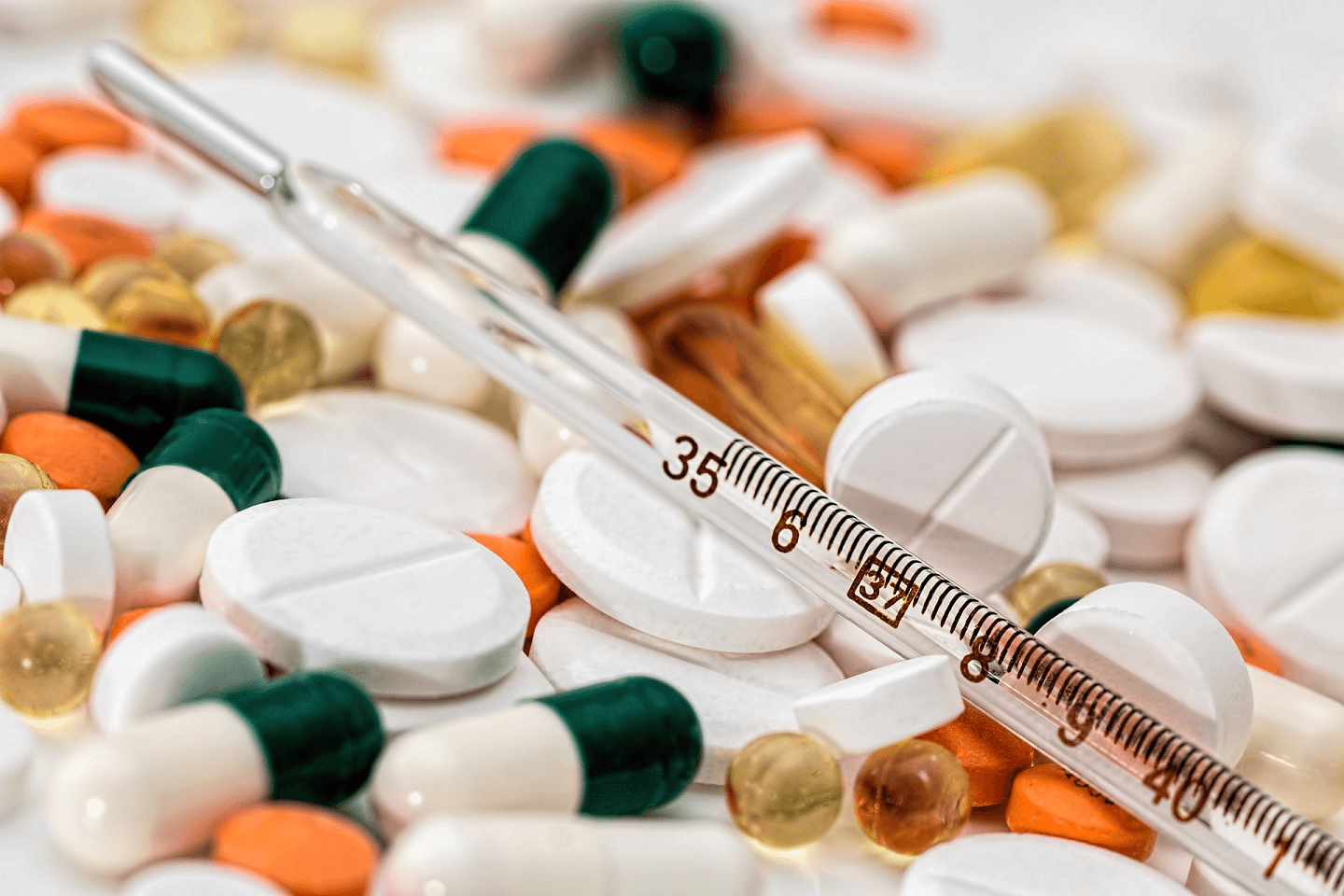
- See your physician if you sweat excessively, even when not exercising. You may have a condition called hyperhidrosis, for which a number of treatment options, including surgical treatment, is available. Excessive sweating may also be indicative of a number of underlying medical conditions, so see your doctor for a proper diagnosis.
Take Action Today
Don’t let offensive body odor keep you from doing what you love. Try some of the tips and tricks listed above, or, if nothing else works, make an appointment with your physician or caregiver to discuss the issue today. Chances are that there is something that can be done about this proverbial thorn in your (and your running mates’) flesh.
Sources
- , This runner staple may be making you stink, Online publication
- , Burning protein as fuel, Online publication
- , 9 Reasons your sweat smells, Online publication
- , Preventing body odor, Online publication
- , What's to know about body odor?, Online publication
- , Diet quality and the attractiveness of male body odor, Scientific journal
Latest Articles
 Is Running on a Treadmill Easier Than Running Outside?Runners have their own preferences, whether it is treadmill running, running outside on the road, or exploring trails. So...
Is Running on a Treadmill Easier Than Running Outside?Runners have their own preferences, whether it is treadmill running, running outside on the road, or exploring trails. So... Is It OK to Use Trail Running Shoes on the Road?While trail running shoes can be used on roads, especially in situations where a runner encounters mixed terrains or pref...
Is It OK to Use Trail Running Shoes on the Road?While trail running shoes can be used on roads, especially in situations where a runner encounters mixed terrains or pref... How to Fix Sore Quads After Running?Rest, ice, gentle stretching, and over-the-counter pain relievers can help soothe sore quads after running. Also, ensure ...
How to Fix Sore Quads After Running?Rest, ice, gentle stretching, and over-the-counter pain relievers can help soothe sore quads after running. Also, ensure ... 10 Fruits With The Most Electrolytes to Replace Sports DrinksThese fruits are high in electrolytes such as potassium, magnesium, and calcium, essential for hydration, muscle function...
10 Fruits With The Most Electrolytes to Replace Sports DrinksThese fruits are high in electrolytes such as potassium, magnesium, and calcium, essential for hydration, muscle function...

